You wake up with a throbbing pain in your upper teeth — yet brushing, flossing, and even painkillers don’t help. Before assuming it’s a cavity, here’s the truth: sinus pressure can often mimic tooth pain. When your sinuses become inflamed or congested, the pressure can push down on your upper molars, creating that sharp or dull ache you feel when you chew or move your head.
If you’ve been wondering how to relieve tooth pain from sinus pressure instantly, this guide walks you through fast, natural, and medically supported solutions that really work — based on insights from Mayo Clinic, WebMD, and the American Dental Association (ADA).
💡 Note: Tooth pain from sinus pressure usually affects the upper teeth — especially the molars — because they sit just below the maxillary sinuses.
- 1. How Sinus Pressure Causes Tooth Pain
- 2. Quick Natural Remedies for Sinus-Related Tooth Pain
- 3. Fast Medical Solutions: How to Relieve It Safely and Effectively
- 4. Natural & Holistic Remedies for Long-Term Relief
- 5. When to See a Doctor or Dentist
- 6. Preventing Future Sinus Tooth Pain
- 7. FAQs – Relieving Tooth Pain from Sinus Pressure
- Final Thoughts
1. How Sinus Pressure Causes Tooth Pain
Your sinuses are air-filled cavities located behind your forehead, cheeks, and eyes. When these passages get inflamed due to a sinus infection (sinusitis) or seasonal allergies, they can fill with mucus and cause swelling.
This increased sinus pressure can push against nearby tooth roots — especially the upper back teeth — leading to discomfort or pain that’s easily mistaken for a dental problem.
Common signs your tooth pain is sinus-related:
- Pain or pressure in several upper teeth (not just one)
- Worsening pain when bending forward or lying down
- Stuffy or runny nose, congestion, or postnasal drip
- Pain that shifts or eases as sinus congestion improves
⚠️ Note: If tooth pain occurs only on one side or feels localized to one tooth, see your dentist — it could be a cavity, cracked tooth, or infection, not sinus pressure.
2. Quick Natural Remedies for Sinus-Related Tooth Pain
When you’re desperate for relief, try these instant home remedies proven to reduce sinus pressure and ease tooth pain fast:
2.1 Steam Inhalation (Instant Relief)
Boil water, pour it into a bowl, and lean over it with a towel covering your head. Inhale deeply for 10 minutes.
Why it works: Steam moistens nasal passages, thins mucus, and reduces sinus pressure — directly easing tooth pain.
You can also add a few drops of eucalyptus or peppermint oil for enhanced decongestant effects.
2.2 Warm Compress on the Sinus Area
Apply a warm towel over your cheeks, forehead, or nose bridge for 10–15 minutes.
Effect: The warmth promotes blood circulation and loosens sinus congestion, reducing the pressure on your upper teeth.
2.3 Stay Hydrated
Drink plenty of water, herbal teas, and clear soups. Proper hydration helps thin mucus and drain your sinuses faster.
Avoid caffeine and alcohol — they can worsen dehydration.
2.4 Use a Saline Nasal Spray or Rinse
A saline nasal rinse (like a Neti pot) can flush out mucus and allergens from your nasal passages. This is one of the most effective natural sinus pain relief methods recommended by Mayo Clinic.
💧 Note: Always use distilled or sterile water for nasal rinses — never tap water — to prevent infections.
3. Fast Medical Solutions: How to Relieve It Safely and Effectively
If home remedies don’t provide enough relief, medical treatments can help reduce inflammation and relieve sinus-related tooth pain almost instantly.
3.1 Nasal Decongestants
Over-the-counter sprays or oral decongestants (like pseudoephedrine or oxymetazoline) can quickly shrink swollen nasal tissues, restoring airflow and reducing pressure on your teeth.
3.2 Antihistamines (for Allergy-Related Sinus Pressure)
If your sinus pressure is caused by allergies, antihistamines (like loratadine or cetirizine) can help minimize mucus buildup.
3.3 Pain Relievers
Non-prescription painkillers such as ibuprofen (Advil) or acetaminophen (Tylenol) can help control the pain while you treat the sinus cause.
⚕️ Remember: Always consult your doctor before taking medication — especially if you have chronic sinus issues, heart problems, or high blood pressure.
4. Natural & Holistic Remedies for Long-Term Relief
If you prefer drug-free or holistic approaches, here are effective ways to manage sinus-related tooth pain naturally and prevent future flare-ups:
4.1 Humidify Your Environment
Dry air can irritate nasal passages and worsen sinus pressure. Use a humidifier — especially in winter — to maintain moisture in the air.
4.2 Essential Oils for Sinus Relief
Diffusing eucalyptus, peppermint, or tea tree oil can open up nasal passages and ease sinus congestion naturally.
4.3 Warm Salt Water Gargle
Though primarily for throat comfort, gargling with warm salt water can help reduce sinus inflammation and pressure around the mouth.
4.4 Sinus Massage Technique
Gently massage around your cheekbones, nose bridge, and temples in circular motions. This stimulates drainage and improves sinus airflow, providing instant comfort.
5. When to See a Doctor or Dentist
Even though sinus pressure is a common cause of upper tooth pain, sometimes dental issues and sinus infections overlap.
You should see a doctor or dentist if:
- The pain persists for more than a few days
- It’s limited to one tooth or area
- There’s swelling in the gums or jaw
- You have a fever or thick nasal discharge (signs of infection)
Dentists can use X-rays or sinus evaluations to confirm whether your tooth pain is dental or sinus-related.
6. Preventing Future Sinus Tooth Pain
Here are some practical prevention tips to avoid recurrence:
- Manage allergies and cold symptoms early.
- Avoid sudden temperature changes (like going outdoors in cold weather).
- Keep your head elevated during sleep to promote sinus drainage.
- Maintain good oral hygiene — clean teeth are less prone to inflammation and infection.
- Use a saline nasal rinse daily during allergy or flu season.
🌿 Tip of the Day: “Healthy sinuses and clean teeth go hand in hand — take care of both to prevent recurring pain.”
7. FAQs – Relieving Tooth Pain from Sinus Pressure
How long does sinus tooth pain last?
Mild sinus-related tooth pain usually improves within a few days as congestion clears. Chronic sinusitis may take longer and require medical treatment.
Can sinus pressure affect lower teeth?
It’s rare but possible. Sinus pressure mainly affects the upper molars, as they’re closest to the maxillary sinus cavity.
Can antibiotics help with sinus-related tooth pain?
If the pain is due to a bacterial sinus infection, antibiotics prescribed by a doctor can help. Viral infections typically clear up without them.
What’s the fastest natural way to relieve sinus tooth pain?
Steam inhalation, warm compresses, and saline rinses provide near-instant relief naturally.
Can untreated sinus infections cause dental problems?
Yes. Long-term sinus infections can cause chronic inflammation, which may affect nearby tooth roots and increase discomfort.
✅ Final Thoughts
Understanding how to relieve tooth pain from sinus pressure instantly begins with addressing the root cause — the congestion itself. While home remedies can bring fast comfort, persistent or one-sided pain should always be evaluated by a healthcare professional to rule out dental issues.
🌿 Takeaway: Consistent sinus care, hydration, and oral hygiene can make a world of difference in keeping both your sinuses and smile pain-free.
Disclaimer: The content provided in this article is for educational and informational purposes only. It does not substitute professional medical advice, diagnosis, or treatment. For guidance specific to your dental condition or recovery, please consult your dentist, oral surgeon, or licensed healthcare provider.

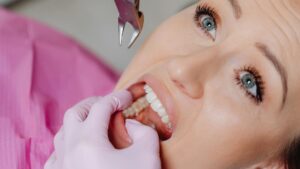





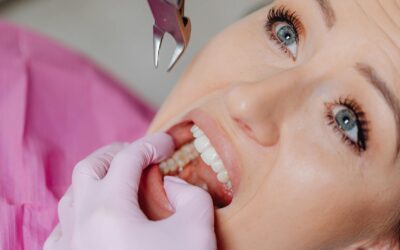

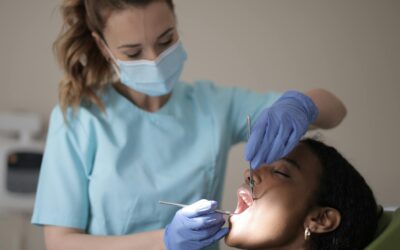


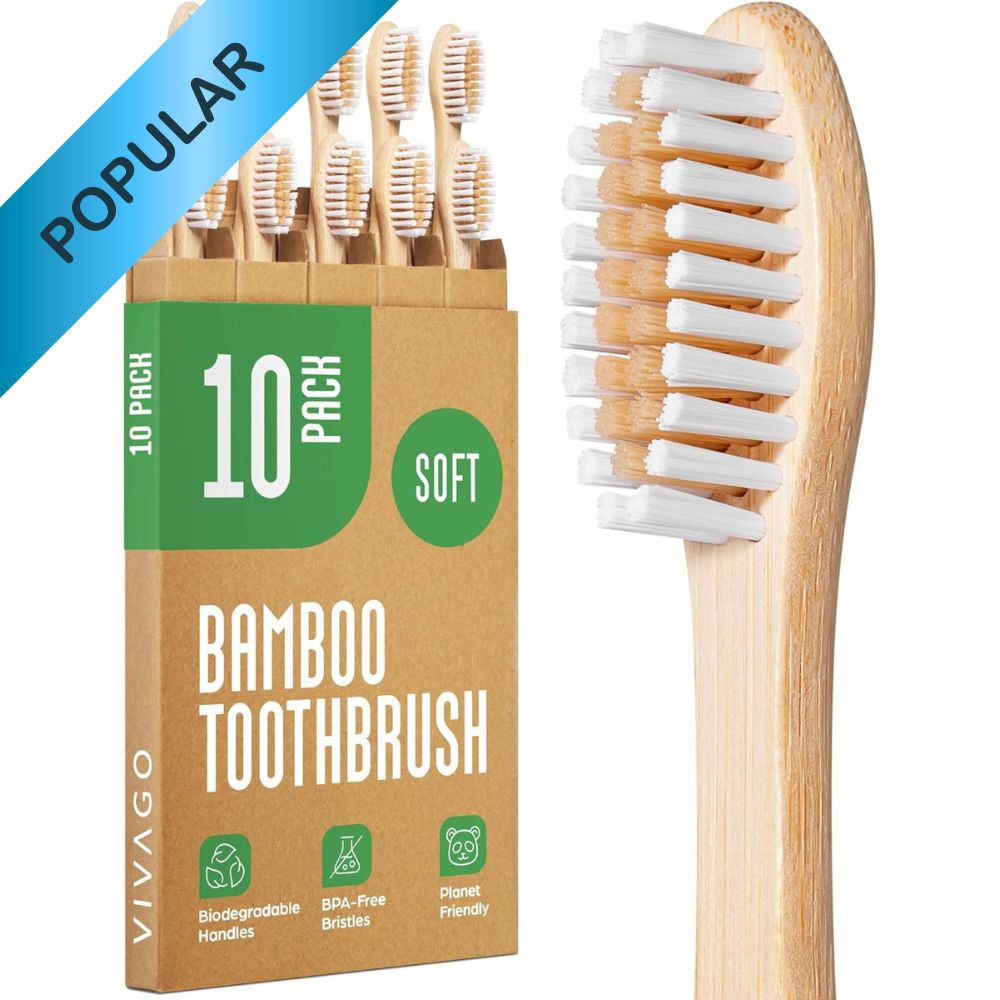




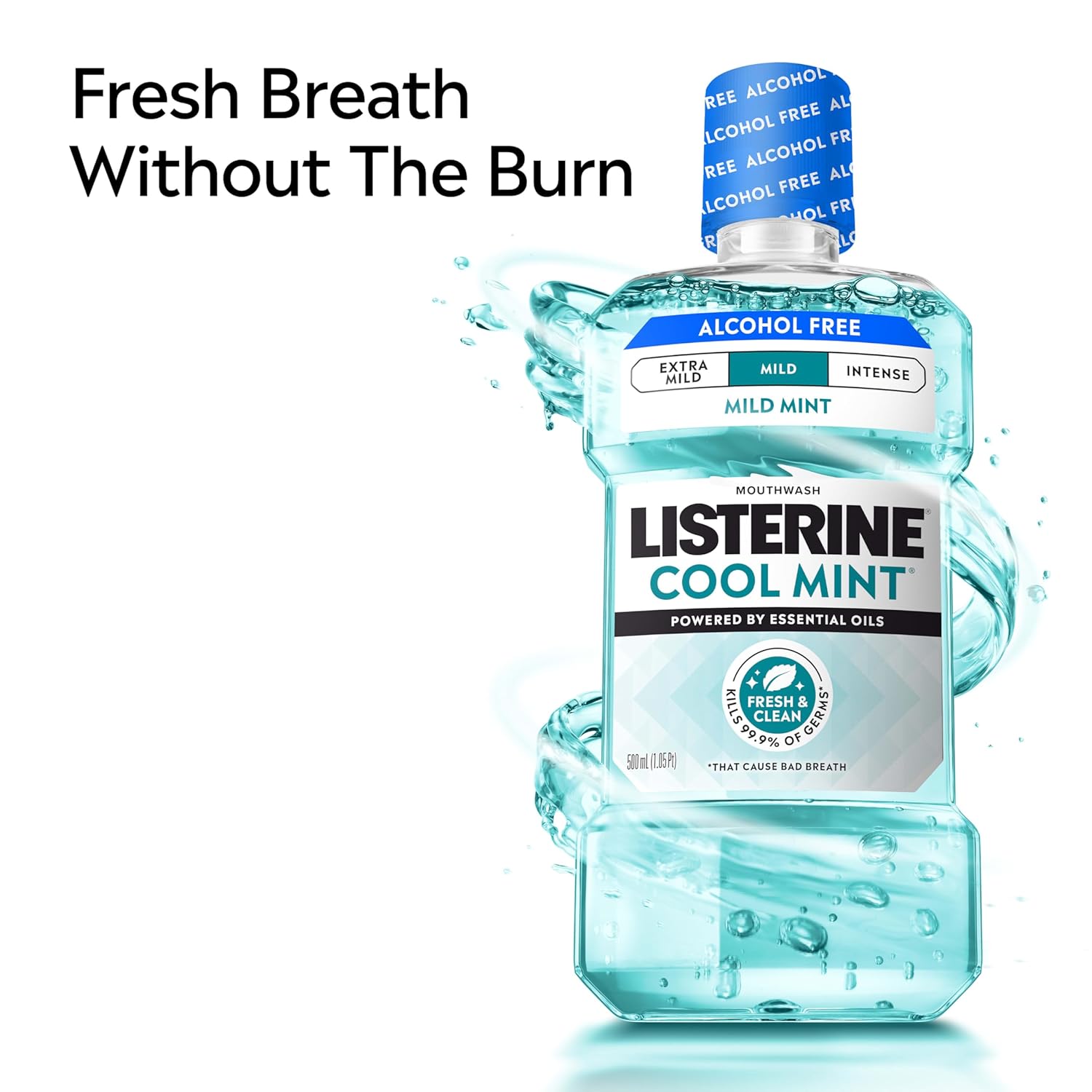
0 Comments